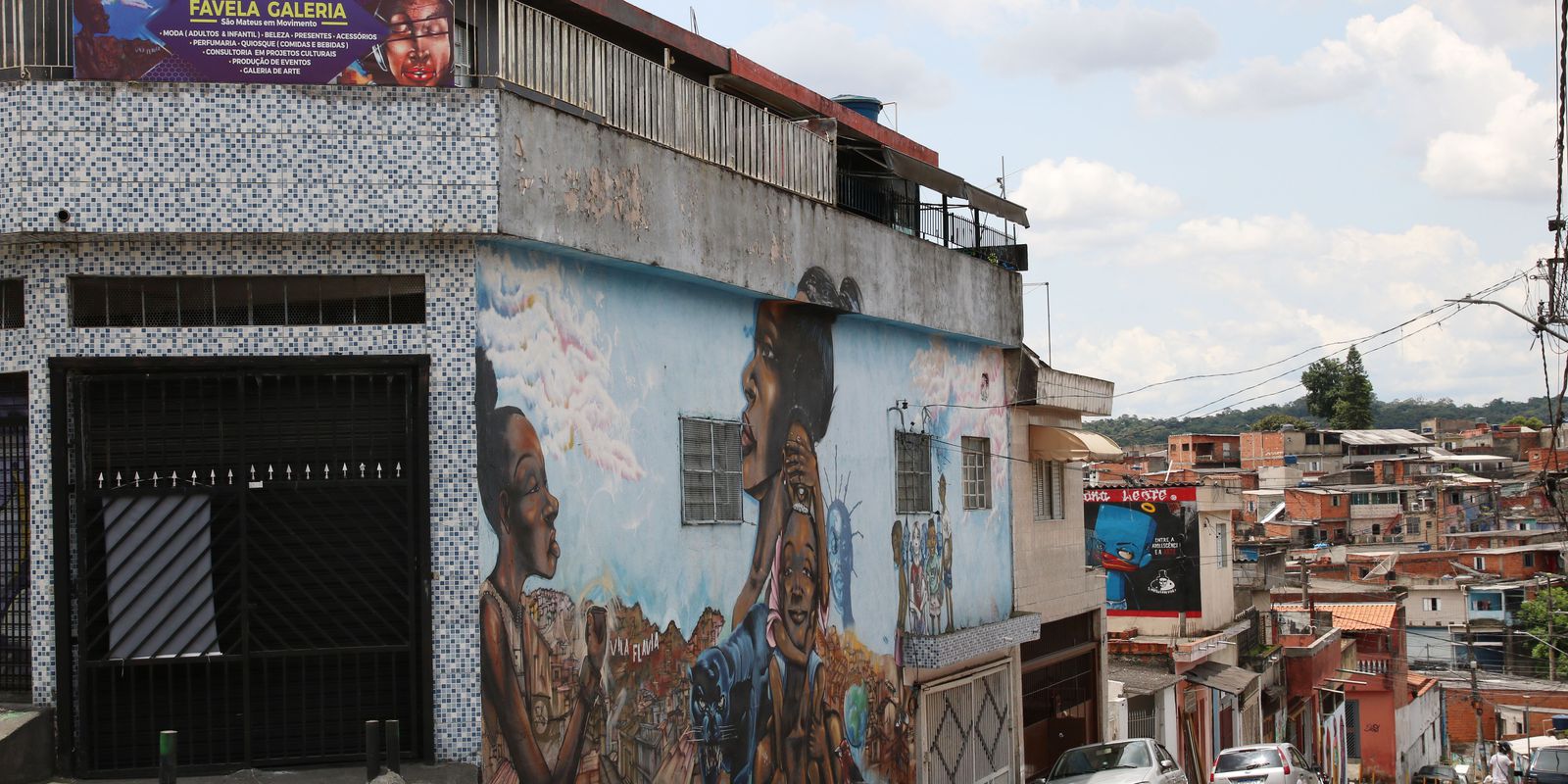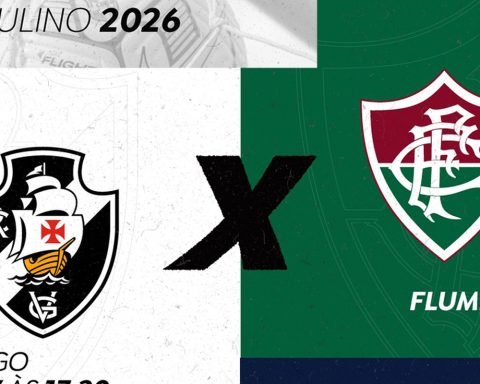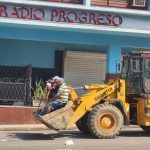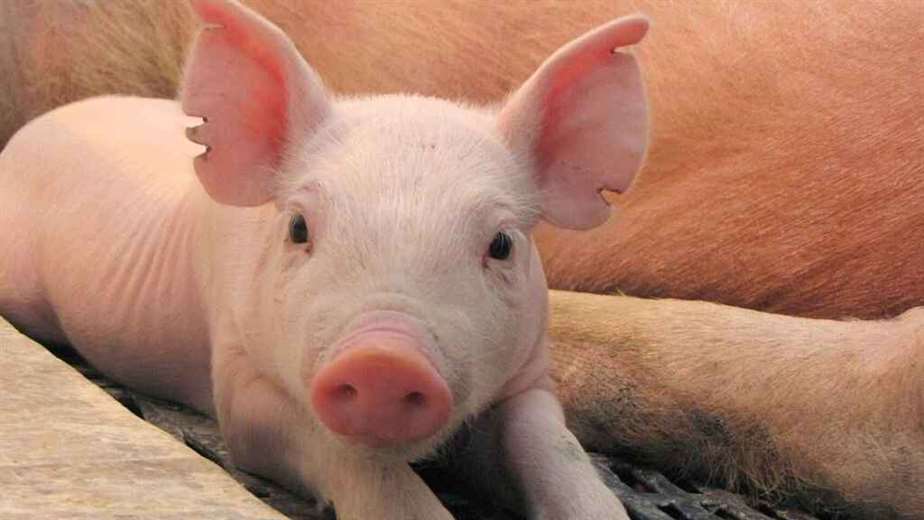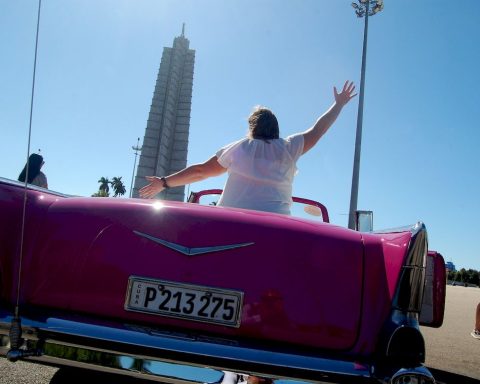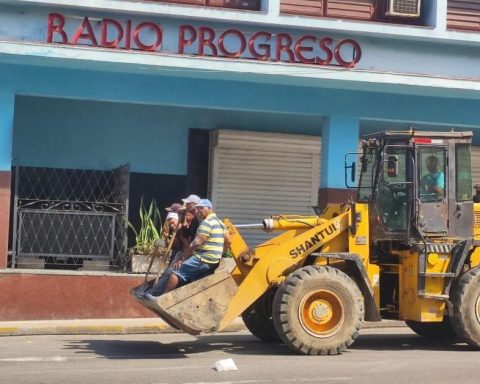Most of the 17.1 million favela residents in Brazil have, had or want to have a business. This is what a survey by Data Favela showed that was released this morning (15) at the first edition of Expo Favela, an entrepreneurship event that takes place until Sunday (17) at the WTC, in São Paulo.
The survey showed that 76% of favela residents fit this characteristic and 50% of them consider themselves entrepreneurs. Four out of ten community residents (41%) have their own business. “This shows a huge opportunity,” said Renato Meirelles, founder of Data Favela, in an interview with Brazil Agency. “The favela, historically, has been stigmatized by the asphalt and the lack of public policies. But what we’ve seen is that instead of grieving, favela residents are undertaking, they’re taking responsibility for their lives,” he added.
But having a business is not easy for those who live in a community. A problem presented by the survey, for example, is that only 37% of entrepreneurs with their own business have a CNPJ. “The State is not in the favela. For you to get a CNPJ, you have to leave the favela. You have to face, no matter how great the Simples model was, a series of difficulties with documents. When you open a business, the first thing you come across is not a credit opportunity. The first thing you find is an inspector at your door,” said Meirelles.
The main difficulty reported by those who intend to open a business in a community is still the lack of investment. “The research made it clear that there is a lack of funding, a lack of money, a lack of credit. Banks today do not offer credit according to the favela’s needs. They also lack the knowledge of being able to expand their business through technology, even though today nine out of ten favela residents have access to the internet,” said Meirelles.
“It’s one thing to want to have the business, another thing to have the business and another to know how to manage your business. What we think is that the favela needs a business school,” said Celso Athayde, founder of Central Única das Favelas (Cufa), CEO of Favela Holding and creator of Expo Favela. “What is lacking in practice is knowledge. My mother died being an entrepreneur not knowing she was an entrepreneur. We don’t even use that entrepreneurial language in the favela. We say that we turn around, that we take our leap, do our run. We speak by code. And now we also need to speak not only Favelese, but asphalt: and for that we need to change this narrative and develop new forms of expression to be recognized by the asphalt and the favela to move from that moment to another moment”, he added.
According to the researcher and founder of Data Favela, Brazilian communities offer many business opportunities, especially in the creative economy sector. “You have great potential in the creative economy, which are the designers, they are the communication agencies, they are the digital influencers that inside the favela begin to sell to the world. You have that guy who makes caps or t-shirts, who during the pandemic started selling outside the favela. There are those confectioners who registered in the ifoodand who managed to transform their small business into a business that buffet out of the favela”, he quoted.
Expo Favela
To attract investors to these businesses that are emerging in Brazilian favelas, Celso Athayde created Expo Favela. “I’m always invited by the asphalt so I can go to his event. But now I’m inviting asphalt to come to our event. Here is a moment when we are not doing a favela-to-favela event. But doing an event for the favela, but with the participation of the asphalt as well,” he said.
Participating in Expo Favela as an exhibitor, artisan and social mobilizer Marisa Rufino, 48, saw a great opportunity at the fair. Representing a group of 20 people, she left Araxá (MG) to present the beautiful towels and other products that she and her group make.
“We left Araxá with the aim of getting to know, to get to know small businesses like ours. I’m representing over 20 people right now. And this experience that I’m going to take will be of great importance for each of them to handle their product”, she said, in an interview with the report of Brazil Agency. “It is the first fair that we participate. We have a good product, which needs to be better seen. This rescue of handicrafts, of the handmade, has to be on the rise as well. And I think that the fair gives this impetus to us, as entrepreneurs. My little service can become big from the moment I work with the community,” she said.
Valcineide Santana, 37, a resident of the quilombola community Fazenda Cangula, in Alagoinhas, in the interior of Bahia, came to Expo Favela to present the Farmácia Verde project. “We currently have 10 women included in this project. The objective is to rescue the culture of the black people. When it emerged, in 2017, there was the objective of rescuing the culture with the use of medicinal plants. Today we produce medicinal soaps, which have a therapeutic purpose”, she explained.
“Our biggest goal [ao participar do evento] it is to show that there in the interior of Bahia, in a quilombola community, there is a group of women who work with plants, who use the natural resource within the community to create a product that benefits several people. We want to show our potential and get investors for other goals we want, like building our laboratory,” she said.
The laboratory, explained Valcineide, is the greatest need of the community at the moment. It would suit work with a line of natural medicines. “But today we are not selling this product because we know that there is all this Brazilian bureaucracy, especially with small businesses. And today we need a lab and a chemist or pharmacist to sign these drugs so we can market them,” he said.
In addition to handicrafts and medicinal soaps, many other products are being presented at the Expo Favela fair, an event that began today (15th) and continues until Sunday. The event also promotes shows, lectures, exhibitions and business roundtables. More information can be obtained at site.
